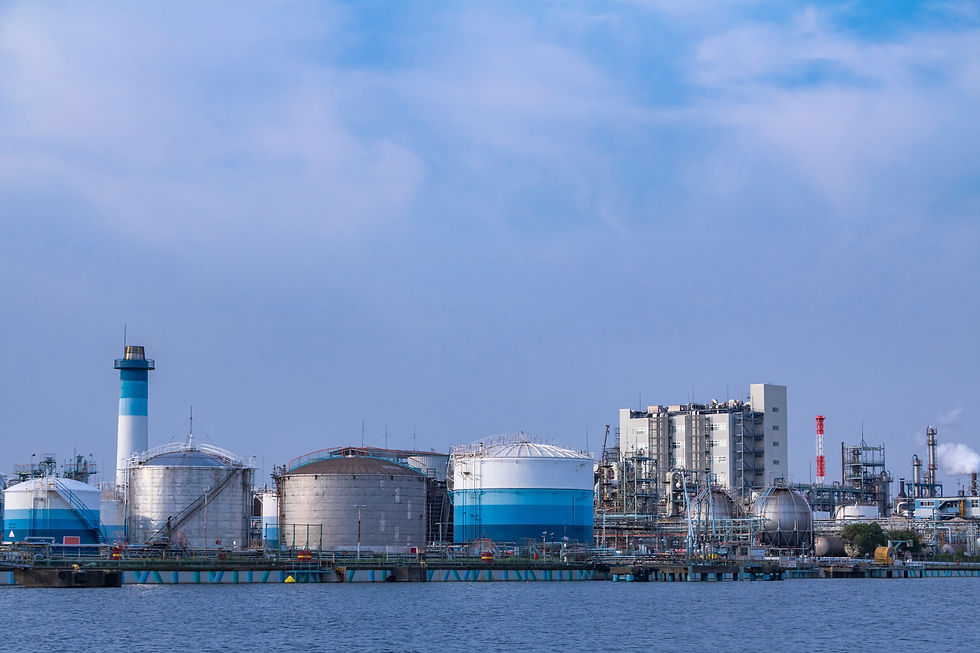Sunoco Must Determine ‘Remaining Life' of Aging Mariner East 1 Pipeline Under Settlement
- Linda Ritzer
- Mar 5, 2020
- 2 min read

Sunoco will conduct a “remaining life study” of its aging Mariner East 1 pipeline and pay a $200,000 penalty under a settlement with the state Public Utility Commission over a 2017 leak in eastern Pennsylvania.
The joint settlement will also require Sunoco to increase its monitoring of the pipeline, provide annual reports to the PUC summarizing ongoing evaluations of the pipeline’s integrity and providing a schedule of maintenance and improvements and do surveys of the pipeline to evaluate the company’s corrosion control program.
In April 2017, a leak in the pipeline was discovered in Berks County, in which 840 gallons of ethane and propane escaped from a hole in the pipeline that transports the highly volatile natural gas liquids (NGLs) across Pennsylvania to Sunoco’s terminal in Marcus Hook, Delaware County. No explosion occurred but the incident heightened concerns about the potential for a bigger failure.
The pipeline was built in the 1930s and was originally used to transport fuel and heating oil to Western Pennsylvania. Sunoco purchased the pipeline, and in 2014 converted it to carry NGLs from the Marcellus and Utica plays in Western Pennsylvania to Marcus Hook.
Sunoco is also building two additional pipelines, Mariner East 2, along the same path to carry gas products to market. The project has been fraught with construction problems and environmental violations and drawn opposition from many residents along the path in eastern Pennsylvania. The company has paid more than $13 million in penalties.
Under the settlement, Sunoco will undertake a study of the Mariner East 1’s remaining life, done by an independent expert, to determine the corrosion rate, include a list of specific risks, and provide a schedule of replacement and repair work over the next five years. It will also have to provide annual reports to the PUC summarizing ongoing evaluations and pay the $200,000 civil penalty.
The Pennsylvania legislature has directed the Public Utility Commission to enforce safety standards for pipeline facilities and to regulate safety practices of utilities engaged in the transportation of natural gas and other gas by pipeline.
The PUC is authorized to enforce federal safety standards as an agent for the U.S. Department of Transportation's Office of Pipeline Safety, according to its website. The PUC may prescribe additional pipeline safety standards over and above federal standards, provided they are not in conflict. In June, the PUC announced it is considering measures to tighten its oversight of pipeline safety. Those updated regulations are still being formulated.



Comments